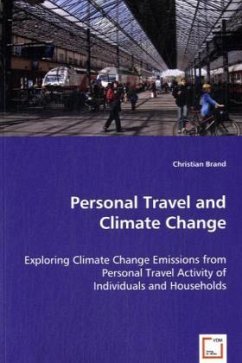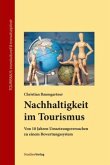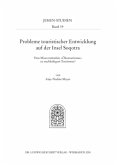Greenhouse gas emissions from personal transport have risen steadily in the UK and elsewhere. Yet, surprisingly little is known about who exactly is contributing to the problem and the extent to which different groups of the population will be affected by anypolicy responses. A case study application of a newly developed methodology and travel emissions evaluation tool provides an improved understanding of the extent to which individual andhousehold travel activity patterns, choice of transport mode, geographical location, socio-economic and other factors impact on greenhouse gas emissions. Air and car travel dominate overallemissions. There is a highly unequal distribution of emissions amongst the population, independent of the mode of travel, locationand unit of analysis. The top 10% of emitters are responsible for4 3% of emissions and the bottom 10% for only 1%. Income, economicactivity, age, household structure and car availabilitysignificantly influence emissions levels. Keypolicy implications of the results are discussed. The book concludes by suggesting potential applications of the methodology and evaluationtool.
Bitte wählen Sie Ihr Anliegen aus.
Rechnungen
Retourenschein anfordern
Bestellstatus
Storno








